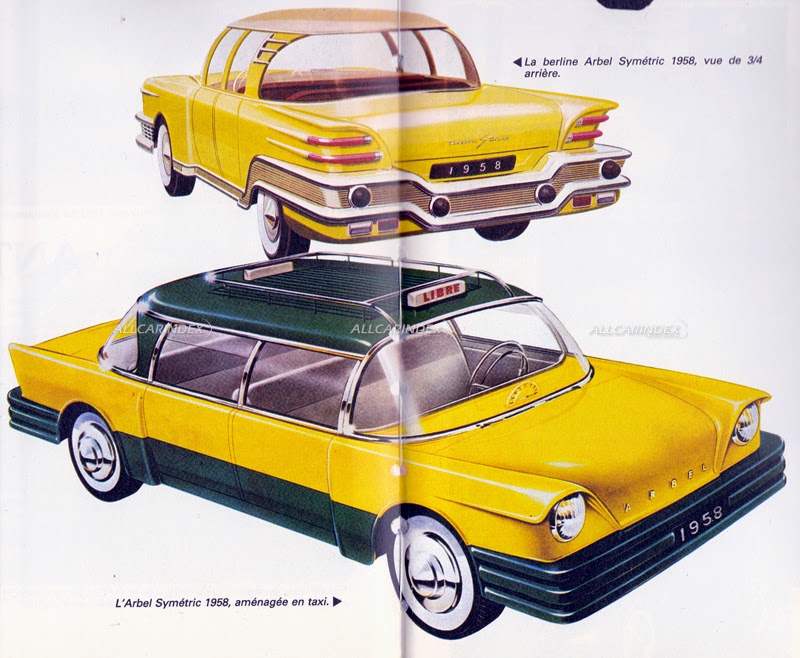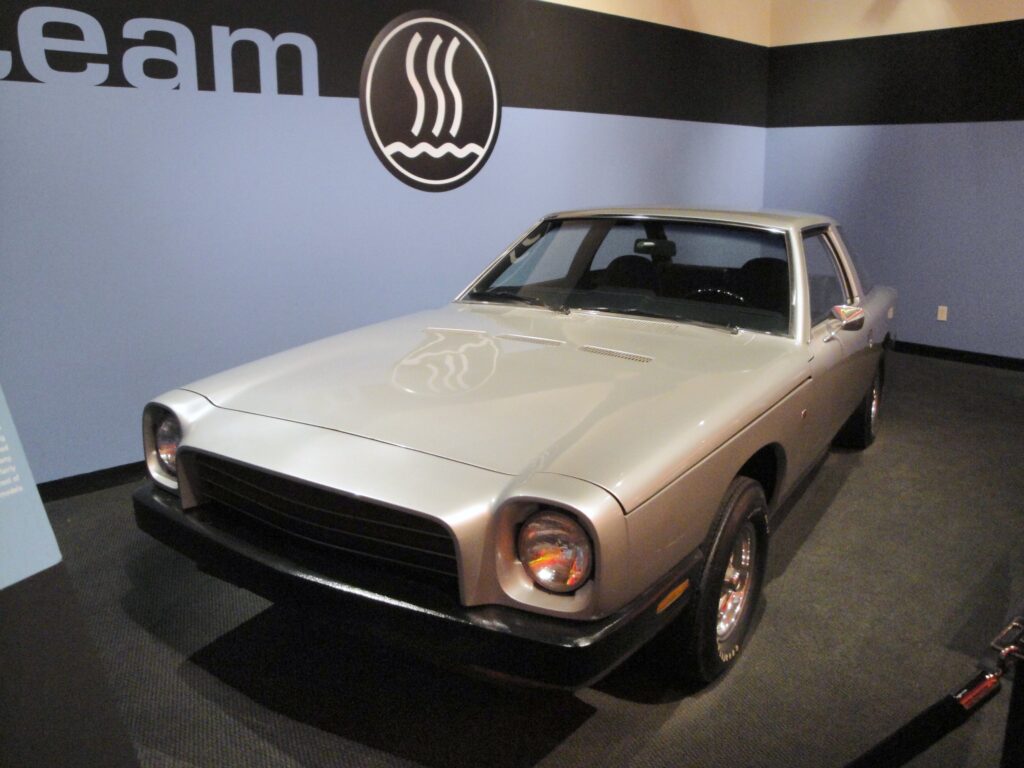Electric cars have been making waves since the Victorian era – now the latest Tesla brings it to a new level
130 years ago a prolific engineer and businessman manufactured a car that ran on electricity. Andreas Flocken knew that the future was electric, the engines were cleaner, more efficient, safer and less noisy than their lower-grade combustion engine counterparts. The world took notice.
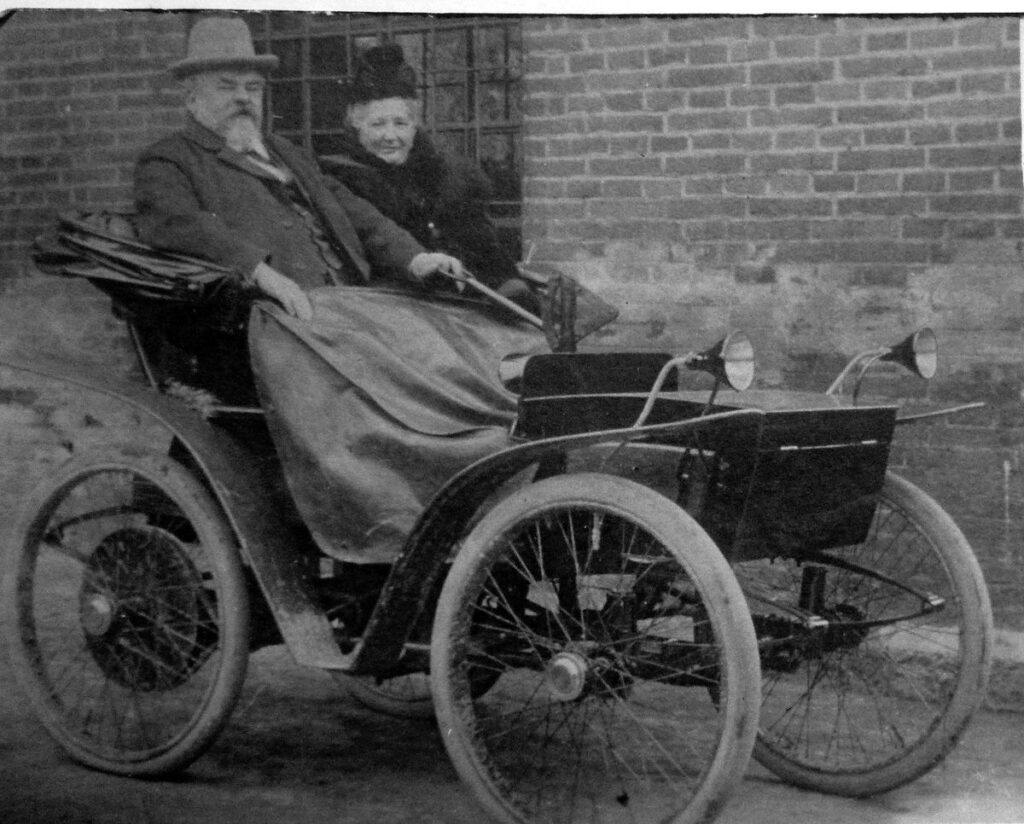
Between the years of 1890-1930 electric cars were all the rage, garnering support from consumers and governments alike and accounting for more total revenue in the US that the entirety of the American oil & gas industry (Forbes reports that “In 1901, an estimated 40 percent of cars in the United States were electric, 38 percent were powered by steam, and 22 percent ran on gasoline”). US presidents rode in electric cars, so did the UK Royal family and most heads of state.
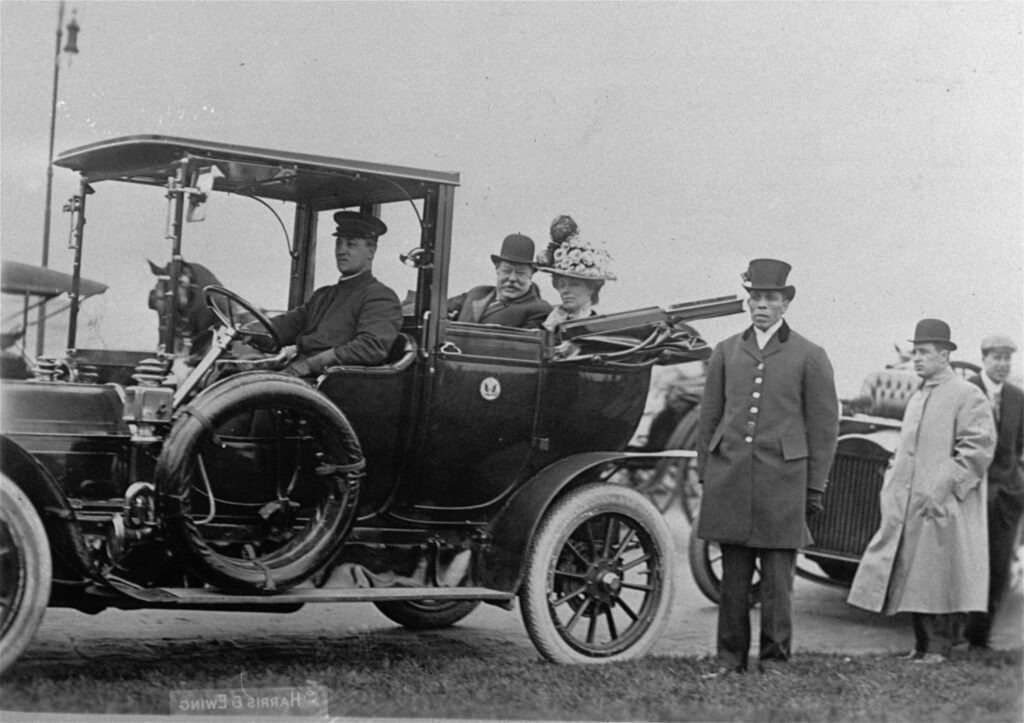
The electric engine was everywhere – and not just in consumer vehicles – it could be found in most public / mass transportation; including trains, trams and even London’s famous London Hackney Cabs (commonly known as ‘black cabs’). However – in 1913 something changed; American engineer Henry Ford introduced the assembly line to his production of Ford Motorcars. The new production method significantly reduced the price of combustion engine cars, making them less than half the price of their electric counterparts that were still built largely by hand (a car went from taking a minimum of 12 hours to build a mere two hours and 30 minutes). With such an inexpensive alternative on the market, Ford’s combustion engine cars took off and captured the imagination of buyers everywhere and electrics fell by the wayside – the rest is history.
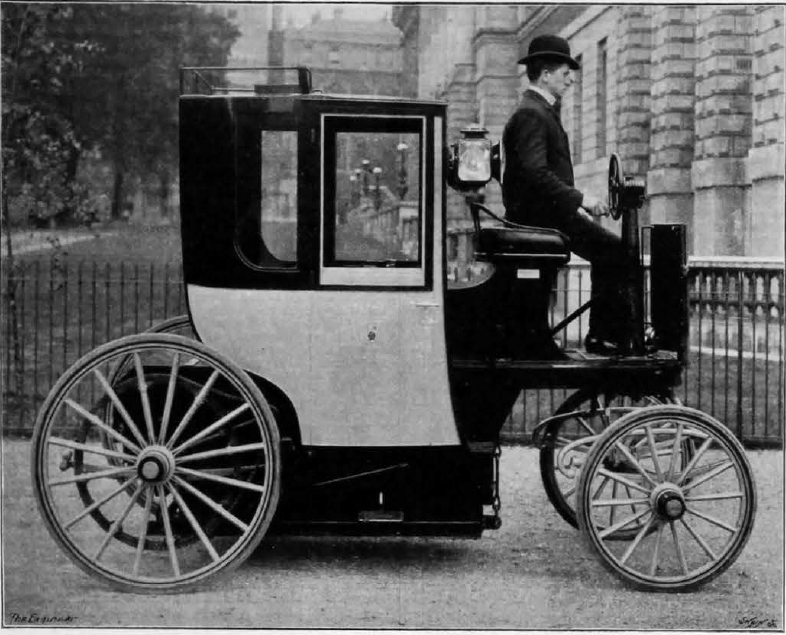
It took over a hundred years later for another genius engineer, Elon Musk, to once again make headlines with an electric car. This time, the car was called the ‘Tesla’ and it boasted slick lines and impressive performance, finally reigniting consumer interest. The effect Tesla has had is immense – so much so, that In a short few years since launching in 2003, it is now the world’s most valuable car manufacturer. Musk’s company has not only shaken the foundations of the international industrial complex built on the back of motor vehicles but has also made huge advances in technology.
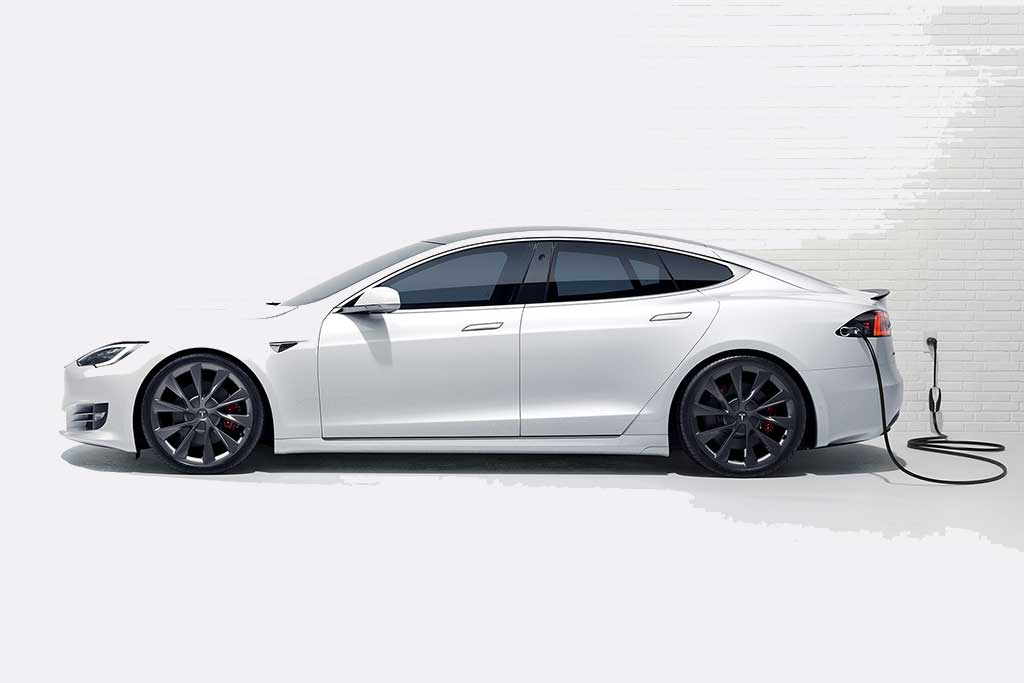
The latest model, The Tesla Model S Long Range Plus, has the ability to travel twice the distance than its closest competitor; an impressive single-charge range of 400 miles. Tesla’s electric revolution has brought on a thriving new industry in electric transportation with new entrants in the market ranging from electric trucks for shipping to aircraft. It would appear that the consumer and the manufacturing costs are finally making the prominence of battery-powered electric cars a viable reality.
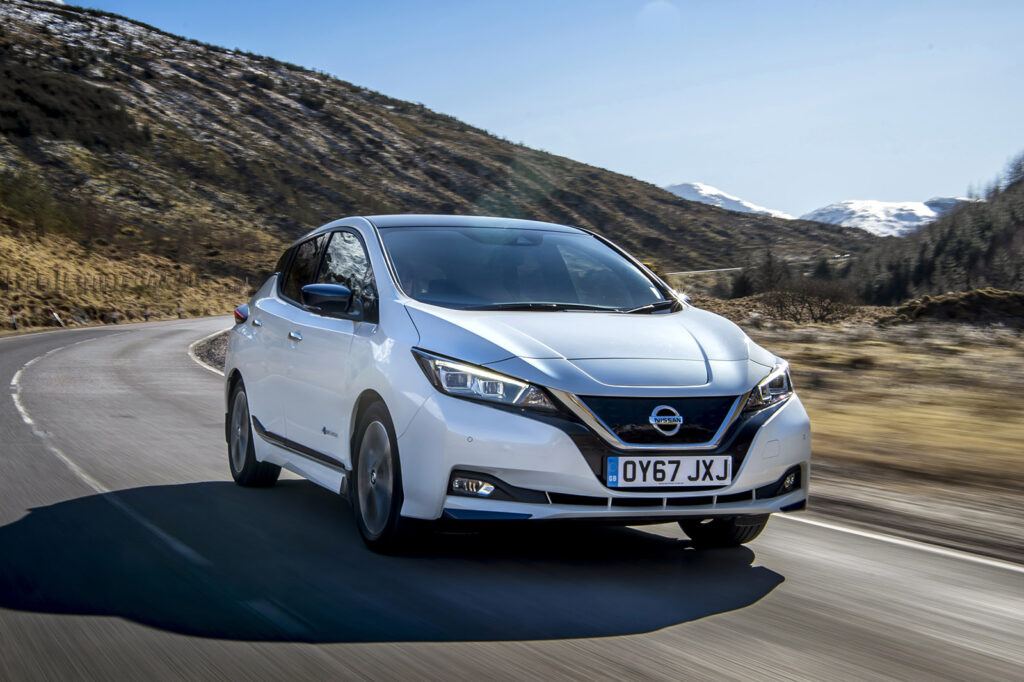
Tesla’s success is also shared by other automakers like Nissan, BMW and Toyota who have provided inexpensive alternative electric cars to Tesla’s premium pricing, thus helping to disseminate the technology quickly to the consumer who in turn has become more aware of their carbon footprint. There is no doubt that an important part of the success electric transportation has had comes from a growing concern about the effect fossil fuels are having on the planet.
READ ALSO: Make A Post LFW Escape To The Slopes With Chalech-S
With cars now widely adopting hybrid and electric motors we can finally see an end to car emissions in sight. Wether we drive a slick new Tesla Roadster or a sensible Toyota Prius – we can now live up to the promise of cleaner air that the generation of the 1970’s Clean Air Act started. We have a lot to thank Elon Musk for – for his marketing and advocacy of the electric car and for not having to drive wacky alternative vehicles like the French Symétric Nuclear-Powered car or the California-born Dutcher steam powered cars to keep the planet clean.
